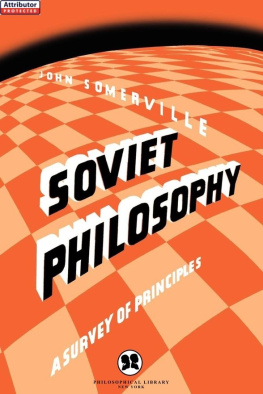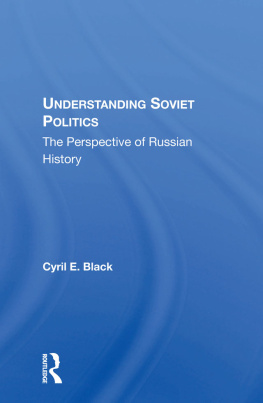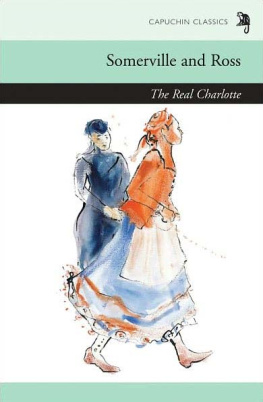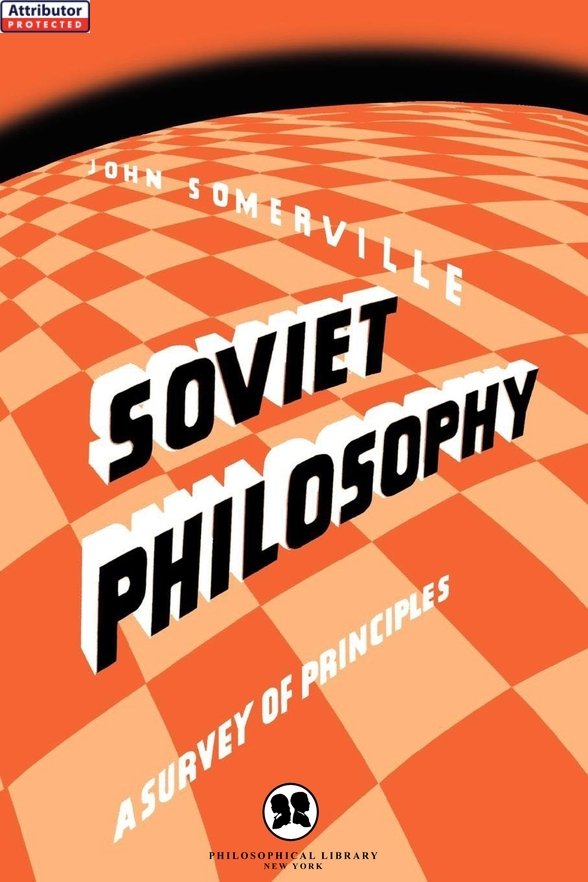THE PROBLEM
It is well known that Soviet Philosophy is based historically on the work of Karl Marx and Friedrich Engels, and that its strongest emphasis is on social considerations. Therefore, the first question to raise is, what is the basic Marxian social theory? It is called historical materialism historical because it is a theory of history, that is, of human society historically changing; materialism because of its emphasis on economic factors and natural causes to explain the history of human society so far. To relate key terms for a moment, the theory of historical materialism is one part of Soviet philosophy, which, as a whole, is called dialectical materialism. The meaning of this formidable looking term we shall examine in detail later. Here we are concerned with historical materialism considered as the specifically social philosophy within dialectical materialism.
This part of Marxian philosophy has always been the most widely knownand misknown. There has arisen in connection with it a whole series of misconceptions to which even the most careful scholars have sometimes fallen a victim. One such is that this philosophy has no other part, no theory of the universe, no theory of mind, no ethics, no esthetics. Another is that historical materialism has nothing to do with philosophy, but is merely a narrowly conceived political program. Still another is that it is based upon a denial of all cultural and spiritual values. In short, it has been one of the most maltreated theories in the history of philosophy. Cicero once remarked that there is nothing so absurd that it will not be found in the books of one of the philosophers. In modern days his mot might be paraphrased to read, there is nothing so absurd that it has not been attributed by some philosopher to historical materialism. In truth, it is a theory that has been refuted more frequently than it has been studied.
In order better to understand this branch of dialectical materialism, let us first inquire into the problems which it attempts to solve, the questions to which it is the answer. Some of them have to do with society or human history as a whole, others with a single society or nation. To what basic factors can we trace the origin, development and decline of societies, cultures, nations? What are the chief causal agencies in the movement of human history, the evolution of human society? What is the general direction of this movement or evolution? What fundamental relationships, are found among the chief institutions making up any society? Such questions may be raised and such terms used in different senses. The sense in which we find them operative in this philosophy will grow clear as we proceed.
Man does not just live; he makes his living, and as he makes it, so he lives. The most important sense in which this is true is not in relation to the individual, (although it is seen there also) but collectively speaking. An individual man may live well, or consider that he does so, without making his own living, but he never escapes the influence, direct as well as indirect, of how his living is made for him. For he stands in a certain relationship to those who make it, a relationship that maintains its effect, as powerful as it is pervasive, not only so long as he chooses to think about it, or act consciously in the light of it, but just so long as he goes on living in that particular fashion. Apples are not subject to gravitation only when they fall to the ground. In like fashion, a man is not a tenant only when he pays the rent, nor is a landlord such only when he collects it. Every human being save perhaps Robinson Crusoe, is a vital center of a network of indispensable economic relationships radiating in every direction, a network which is as sensitive as it is strong, which connects him with the collective of which he is a part. Without some such network the human individual can no more live in society (and we may disregard those, if there are any, who live outside of society), than he can live without a heart and its accompanying system of arteries and veins. It is held, in other words, that society at large makes mans social life what it is by virtue of the productive system on which it is necessarily based. Granted that the individual is given the functioning biological equipment of his species at birth, it would be difficult indeed to find anything which has more influence on the whole subsequent course of his life than the way, broadly taken, in which he makes his living; as regards a civilization or nation, it would be even more difficult.
Now why does any particular society have the legally sanctioned ways of making a living, that is, the system of economic relationships (of ownership, employment, exchange, renting, and the like) that it does have? First of all, in this view, because of the kind of productive forces at its disposal, the type of technics and tools which it possesses, and the kind of resources of nature, such as land, waters, metals, coal, and the like, in and through which the tools and instrumentalities operate. There can be no factory system without the type of machinery that makes factories possible. On the other hand, once that type of machinery is brought into existence, factories will spring up, and, such has been the course of history, the factory system. Whenever there is an opportunity to gain by the improvement of tools or resources in use, or by the invention of new tools, or the discovery of new resources, an attempt will probably be made to take advantage of that opportunity, and, what is of major significance, the new productive forces may make necessary new economic relationships. In any case the system of economic relationships must, at any given moment, be such as to permit the use of the type of forces prevalent. Otherwise, either the forces could not be used or the relationships could not be maintained. For example, the manorial pattern of economic relationships (entail, primogeniture, agricultural serfdom) would offer so many obstacles to the running of modern steel mills that one or the other would have to give way.
Basic in the whole situation is the specific character of the forces of production. This is something which permits, encourages, and, under given conditions, necessitates a system of economic relations of a specific character. (It is well to note that there always are given conditions, that is, conditions given by the past history of the human race and the point of development it has reached at any particular time. Not mere possibilities, but historical actualities are in question.) As the technics change, the relations in which men stand to them, and to one another in respect to them, also change. In other words, society has a history. This history is not a simple, nor, unfortunately, has it so far been a peaceful affair. Human society has not been a harmonious entity governed by that eye of wisdom which always discerns the good of the whole. The adjustments of the system of economic relationships to changes in the technical base have been accompanied by severe struggles, which have been by no means confined to the physical level. It is understandable that in any society where private ownership of the productive forces is accepted, certain individuals or groups of individuals acquire a vested interest in the type of technics and resources prevailingly utilized, an interest which is canalized and expressed in terms of the legally protected system of economic relationships. Naturally these people do not look with favor upon such changes of technics or resources as would take control out of their hands. By the same token, technical changes which would shift control to a radically different group (not merely in the sense of different individuals, but of a different economic type, as in the shift from an agricultural to an industrial economy) could be introduced only by challenging and sweeping away the old legal structure. What takes place is a certain contest between groups and among individuals, to use a synonym for the class struggle.












